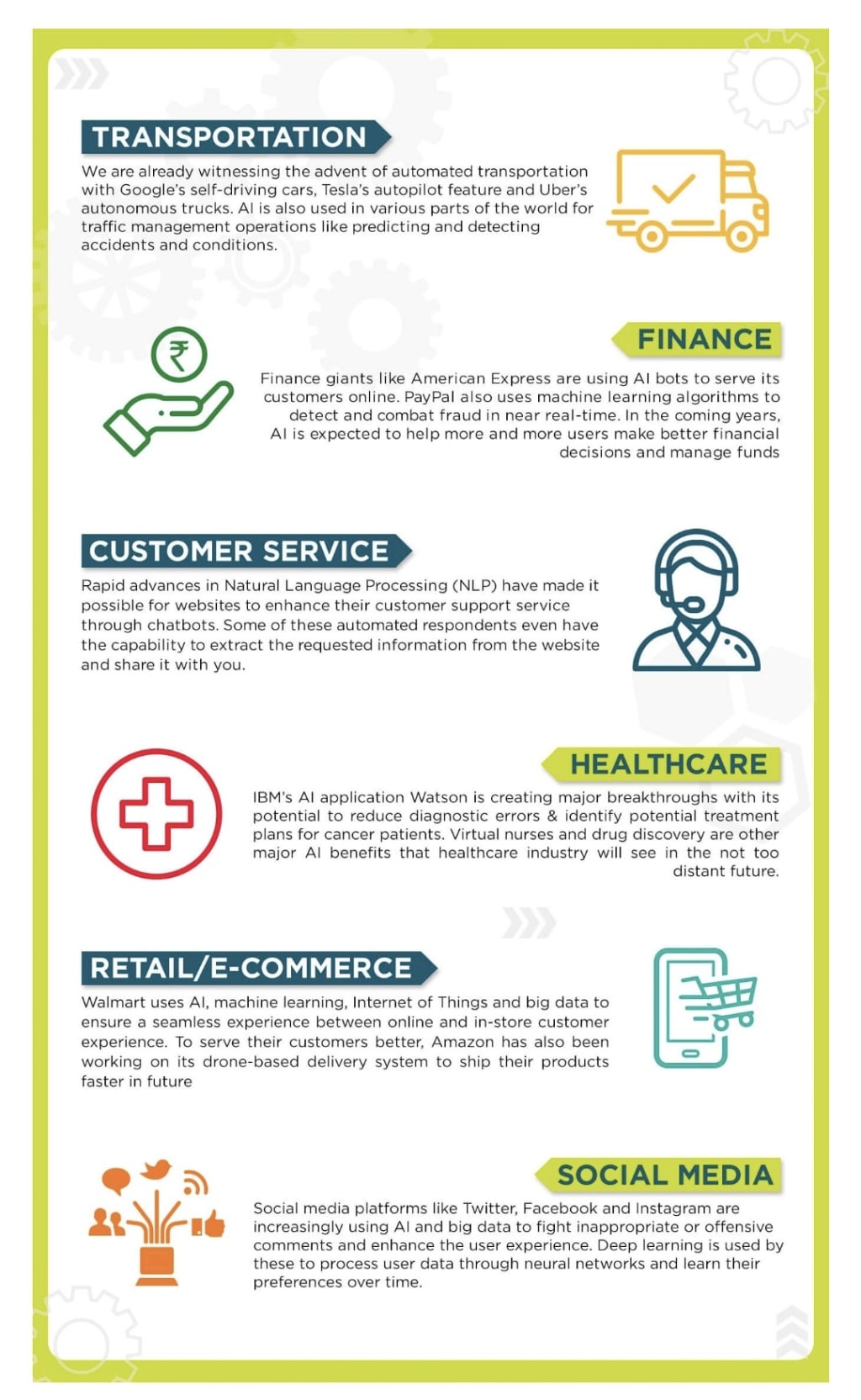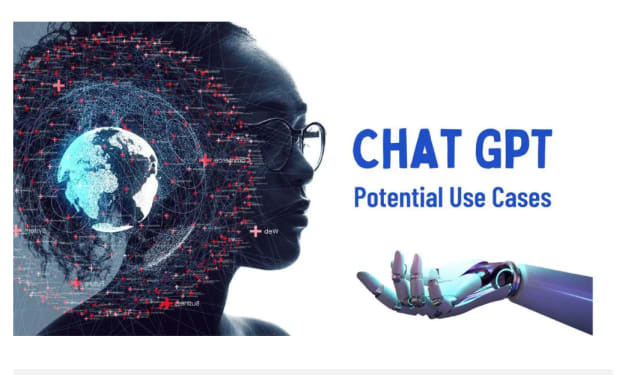
The rapid advancement of artificial intelligence (AI) technology is poised to significantly impact the future of work. From automation and robotics to machine learning and natural language processing, AI is already transforming many industries and is likely to have a major impact on the job market in the coming years. In this article, we'll explore the benefits and challenges of AI in the workplace and discuss potential solutions to mitigate the potential negative effects.
The Benefits of AI in the Workplace:
Increased Efficiency and Productivity:
One of the most significant benefits of AI in the workplace is the potential to increase efficiency and productivity. By automating repetitive tasks and handling large amounts of data, AI can help businesses operate more efficiently and free up human workers to focus on more complex tasks.
Improved Accuracy:
AI has the potential to improve accuracy and reduce errors in a variety of industries, from healthcare to finance. For example, AI-powered medical imaging technology can help identify potential health issues more accurately and quickly than human doctors alone.
Enhanced Personalization:
AI can also enable more personalized customer experiences by analyzing data on customer preferences and behavior. This can help businesses better tailor their products and services to individual customers, improving customer satisfaction and loyalty.
Challenges of AI in the Workplace:
Job Losses:
One of the most significant challenges of AI in the workplace is the potential for job losses. As AI technology continues to advance and automate more tasks, some jobs may become redundant, leaving workers without employment. In addition, AI may lead to increased inequality as certain jobs become more valuable than others.
Bias and Discrimination:
AI algorithms are only as unbiased as the data they are trained on, and if the data is biased, the algorithms will be too. This can lead to discrimination against certain groups, such as women or minorities, in hiring, promotions, and other workplace practices.
Cybersecurity Risks:
As more businesses rely on AI and machine learning to handle sensitive data, there is an increased risk of cyber attacks and data breaches. AI can be vulnerable to attacks and may be used to carry out more sophisticated attacks on businesses and individuals.
Potential Solutions to Mitigate Negative Effects:
Reskilling and Upskilling:
To mitigate the potential job losses resulting from AI, businesses and governments can invest in reskilling and upskilling programs to help workers adapt to new roles and acquire new skills that are in demand.
Ethical AI Design:
To mitigate the risks of bias and discrimination, AI developers should strive to design algorithms that are ethical and unbiased. This requires collecting and using diverse data sets and implementing checks and balances to ensure fairness and transparency.
Cybersecurity Measures:
To mitigate the risks of cyber attacks and data breaches, businesses must prioritize cybersecurity measures, such as encryption and firewalls, and train employees on best practices for data protection.
Here are a few examples of AI platforms that businesses and organizations can use to develop and implement AI solutions:
TensorFlow: Developed by Google, TensorFlow is an open-source platform for building machine learning models. It includes a wide range of tools and resources for data processing, model development, and deployment.
Microsoft Azure Machine Learning: Azure Machine Learning is a cloud-based platform that enables businesses to build and deploy machine learning models. It includes a range of pre-built algorithms and tools for data processing, modeling, and deployment.
Amazon SageMaker: SageMaker is a fully-managed platform for building, training, and deploying machine learning models on the Amazon Web Services (AWS) cloud. It includes pre-built algorithms and frameworks for a variety of applications.
IBM Watson: Watson is a suite of AI services and tools offered by IBM. It includes a range of APIs and pre-built models for natural language processing, image recognition, and other applications.
H2O.ai: H2O.ai is an open-source AI platform that provides tools and resources for machine learning and predictive modeling. It includes a range of algorithms and tools for data processing, feature engineering, and model training.
KAI: KAI is an AI-powered conversational platform developed by Kasisto. It enables businesses to build and deploy chatbots and virtual assistants for customer service and other applications.
Cognitivescale: CognitiveScale is an AI platform that provides tools and resources for building and deploying AI-powered business applications. It includes a range of pre-built models and algorithms for a variety of applications.
In conclusion, the impact of AI on the future of work is complex and multifaceted. While AI has the potential to bring significant benefits, such as increased efficiency and productivity, it also poses challenges, such as job losses and cybersecurity risks. By investing in reskilling programs, implementing ethical AI design practices, and prioritizing cybersecurity measures, we can help mitigate the potential negative effects and ensure that AI is used for the benefit of society as a whole.





Comments
There are no comments for this story
Be the first to respond and start the conversation.